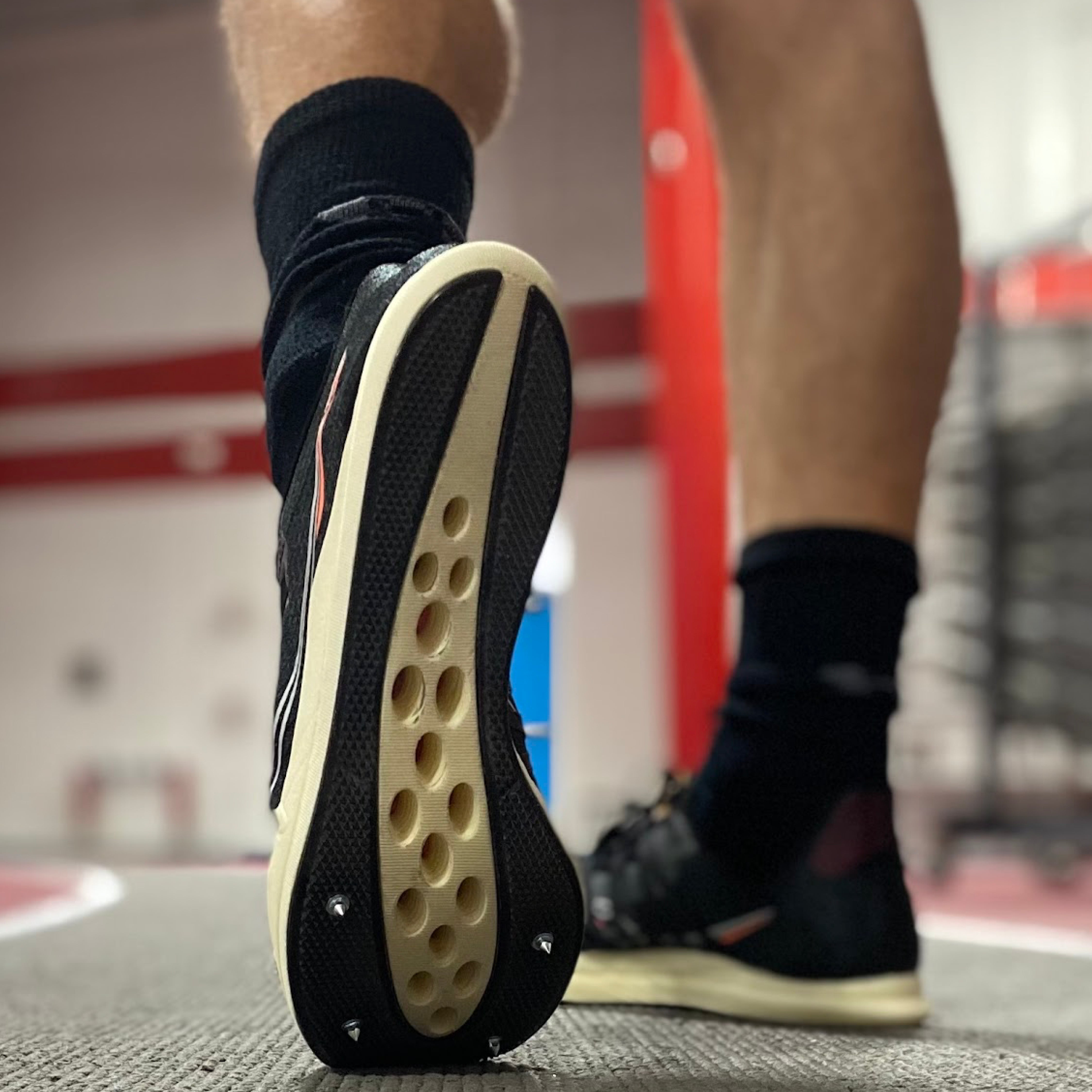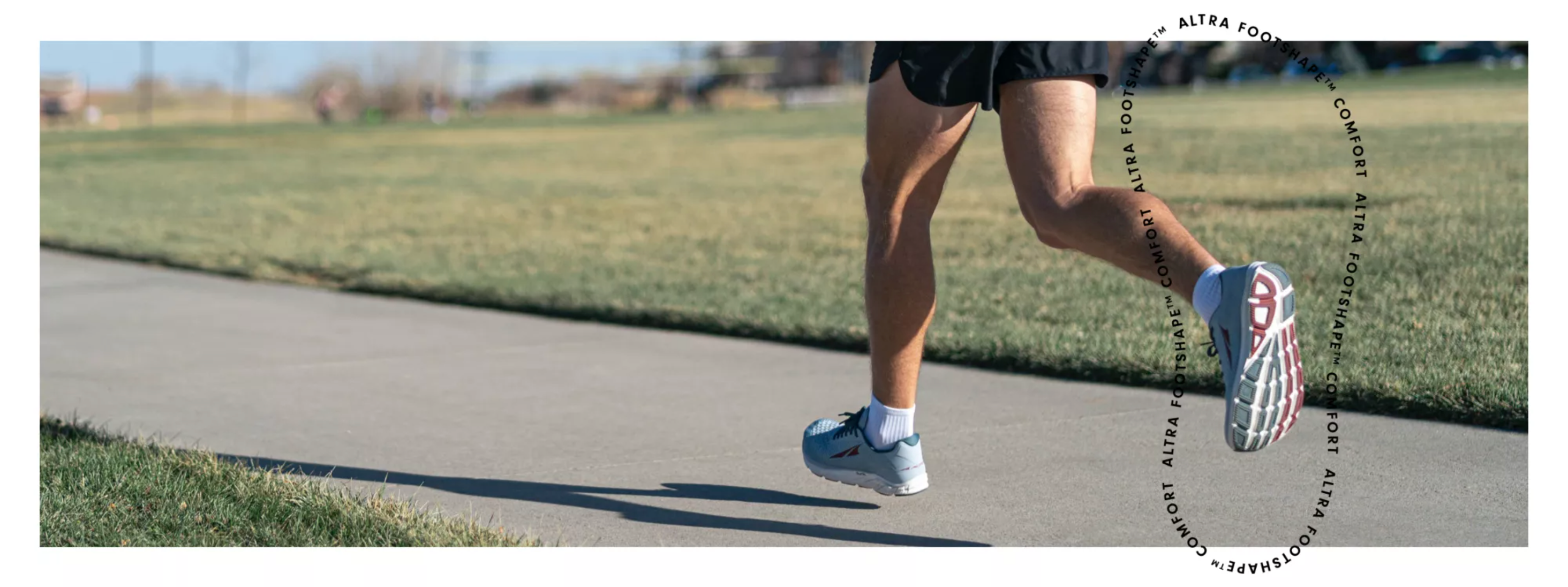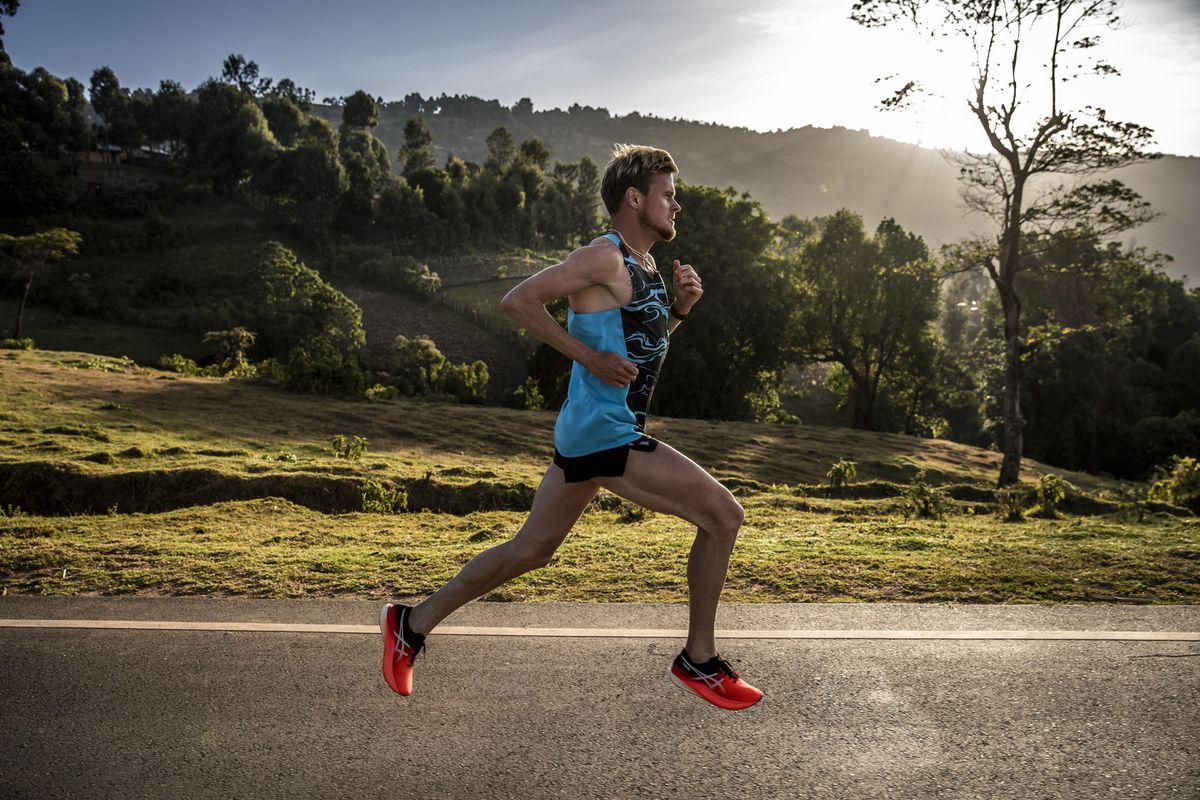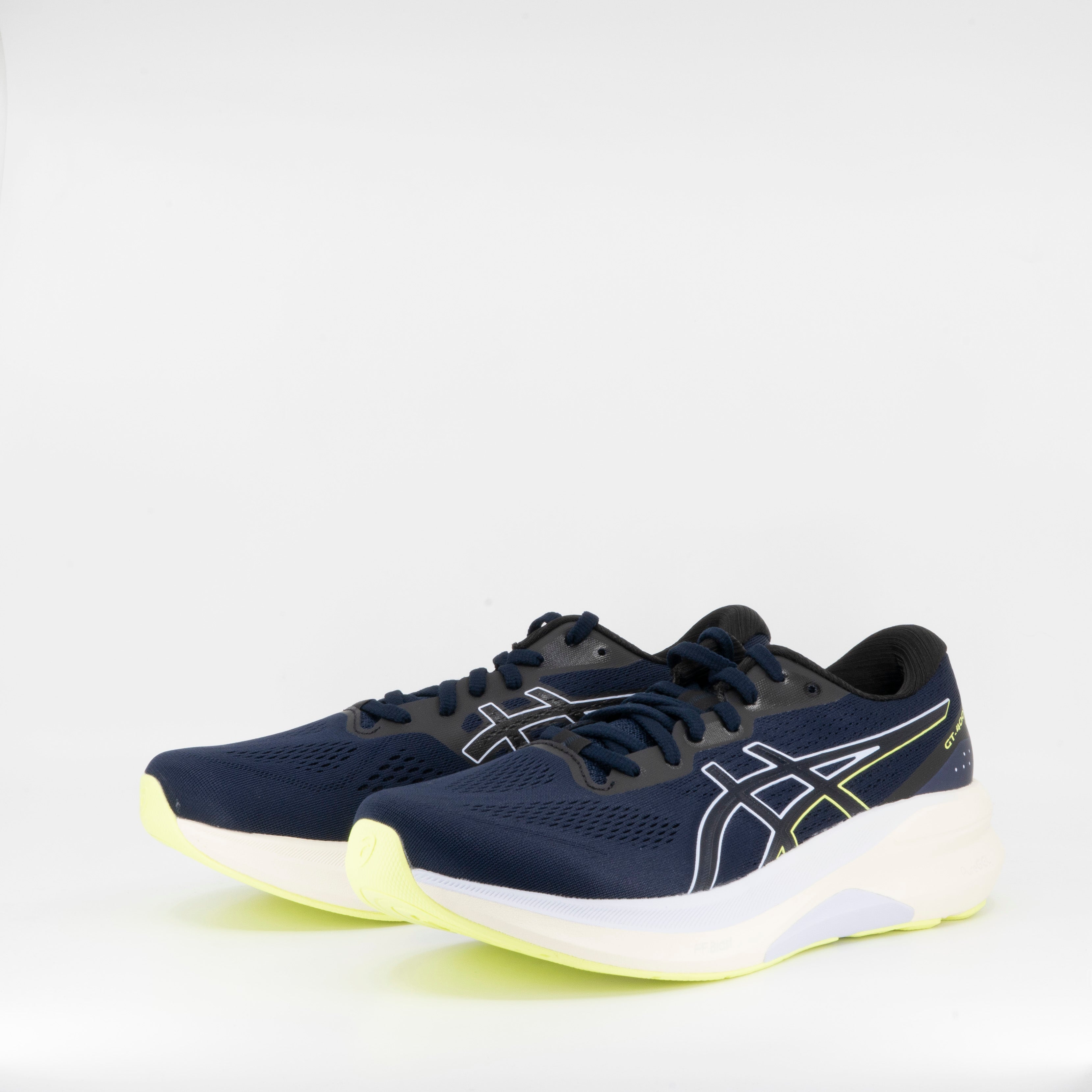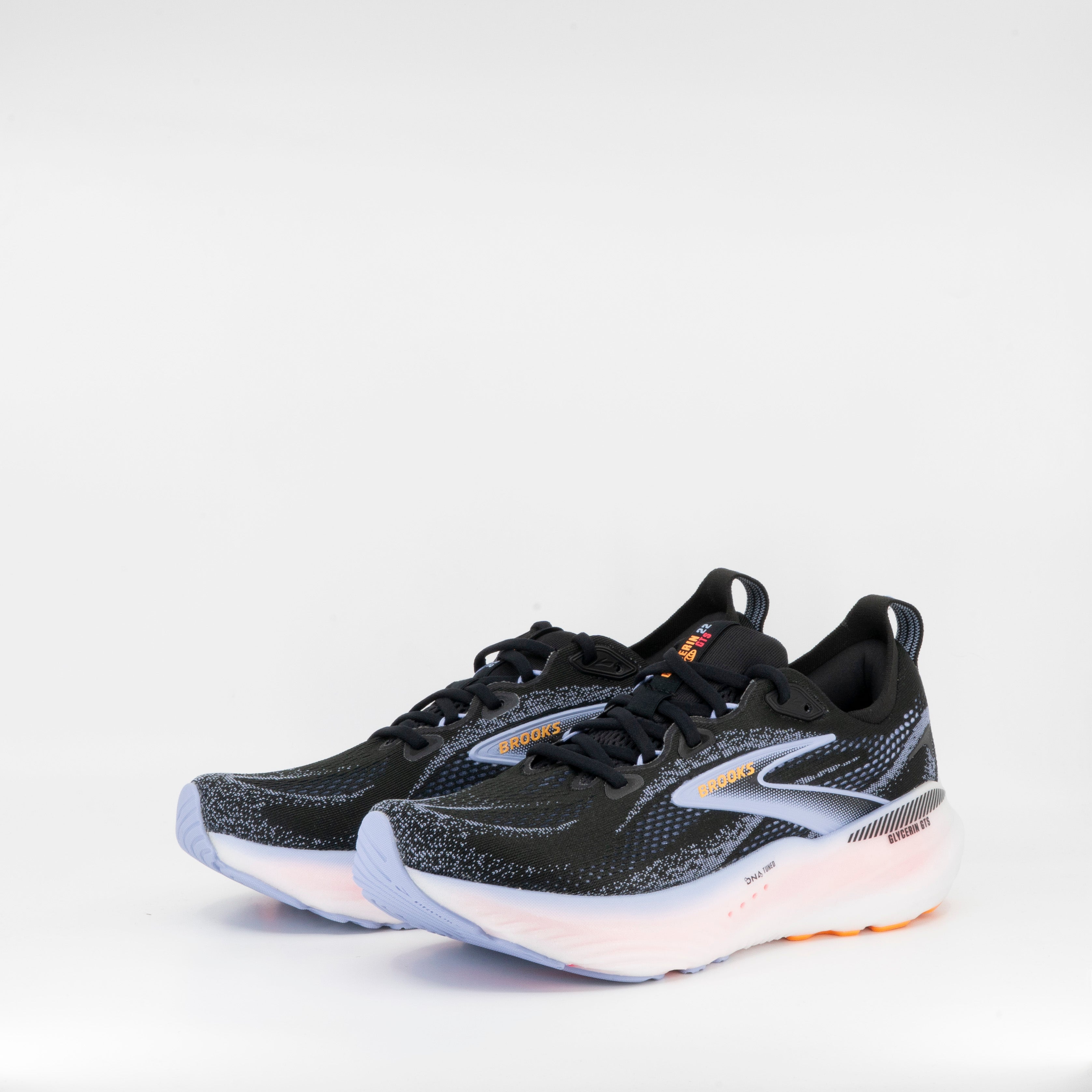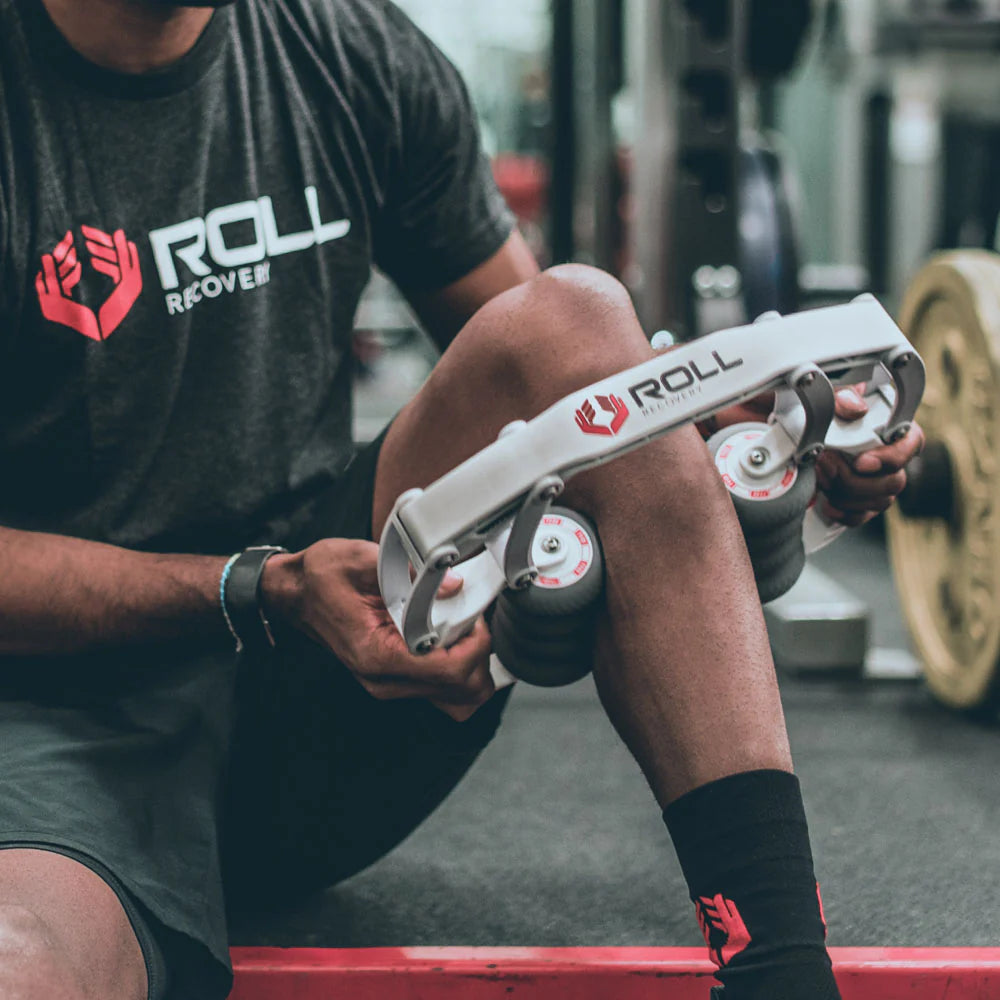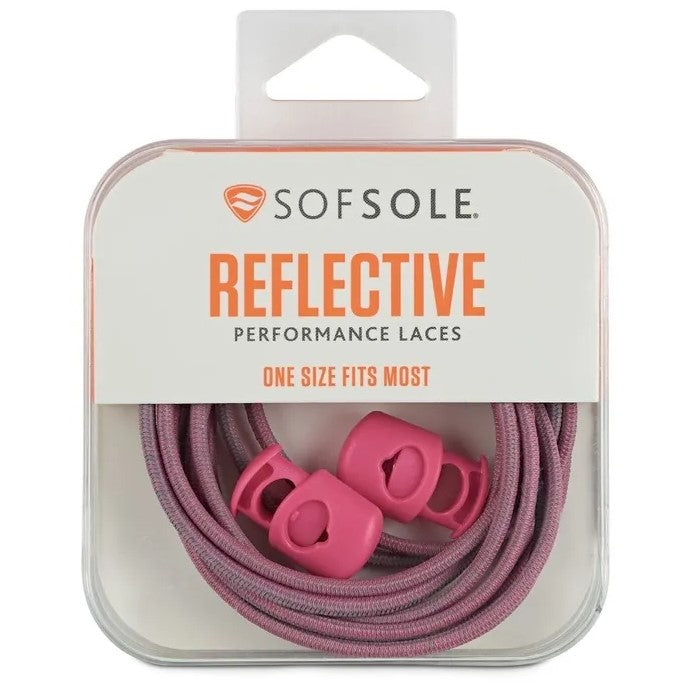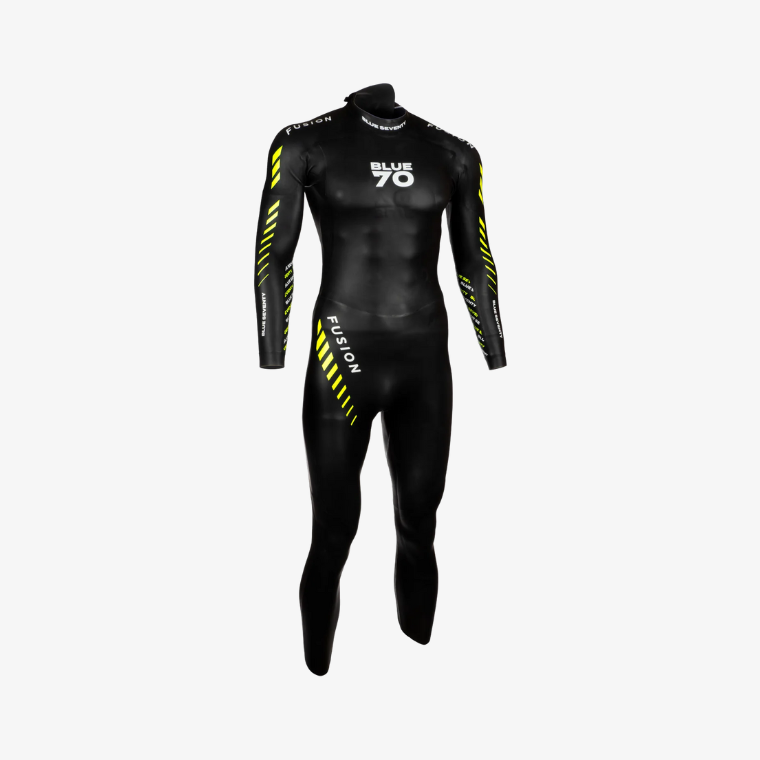OH FFS
The nutrition and exercise/sport space loves its TLA’s (three letter acronyms). On the off-chance you have read much of what I write here for The Front Runner, you’ll have seen me bang on about LEA (low energy availability) and RED (relative energy deficiency - though I have clipped the -S [sport] off that one) - the updated replacements for FAT (Female Athlete Triad; one might understand why that acronym wasn’t used very often).
We have LIT and HIT - low intensity training and high intensity training, respectively. We tend to shorten carbohydrates to CHO, protein to PRO, and fat to, well, FAT. Your basal metabolic rate is BMR, the thermic effect of food on your metabolism is TEF, and exercise activity thermogenesis is EAT. We’ll ignore NEAT… this is about TLA’s not FLA’s.
I would like to bring my own three letter acronym to the party. FFS.
Now I know what you might be thinking here. If you know me personally or follow me on Instagram, you’ll know I am a fan of using FFS, normally in conjunction with a Face Palm or Eye Roll emoji. However, it is not my exasperation at the state of popular nutrition or sport and exercise training that I am going to subject anyone to here. That would rapidly devolve into an incoherent rant and ain’t nobody got time for that.
FFS is a framework I use to help guide myself and the people I work with in understanding where to focus their energies and efforts. The first iteration of this was, in my mind, The Triple F Framework:
- Foundations
- Fine-tuning
- Forfeitures
As I now live in a German-speaking country, the word forfeitures is unfamiliar to those who do speak English and doesn’t translate well. Hence v2.0 has become FFS:
- Foundations
- Fine-tuning
- Sacrifices
I’ll unpack each element shortly, but first, an explanation regarding why it appeals to me so much and why I think it holds value for those who are ready to embrace it.
In the mid 2000’s the term ‘biohacking’ came into the (more) common vernacular (though its origins are in the 1980’s). I personally became aware of it in the 2010’s, especially with the rise of “bulletproofing” oneself and leading to the craze of adding fats to your morning coffee and wearing blue-light filtering glasses, at first before bed at night, but eventually all day.
In essence, people would take a sliver of truth, a biological mechanism or two, and stretch the daylights out of it, creating a ‘hack’ which typically had a product associated with it ($$$). Version 1.0 of this space was ridiculed and lampooned - rightly so in many instances - but also found an audience in die hard, anti-establishment, Civil Libertarian types at one end of the spectrum, and Wellness Warrior types at the other end.
Jump forward a few years and one Pandy later, and people are finding 3+ hours per week to listen to Huberman prescribing his various protocols (biohacks) for every part of an individual’s day. People are off down some WILD rabbit holes, spending a huge amount of time and money fine-tuning a 1% when their 99% foundation is anywhere from mildly disorganised to utterly chaotic.
Open any social media platform and you will find the solid foundational-type coaches and practitioners, such as myself, outnumbered 100:1 by those offering quick-fixes through diets, supplements, cleanses, detoxes, and intensity-based training programmes.
When you have beautiful people who have spent years honing their bodies now selling $99 12-week programmes to “look/perform like me”, offering a product where my pitch is ‘this will take you a couple of years’ and the cost (because I value my time and expertise and don’t live with my parents), is more than $99… well it is tough to compete with that.
As if bringing basic foundational strategies to be performed consistently over time to a quick-fix, high-intensity, biohacking gun fight wasn’t enough of a disadvantage to good coaches, many of us are battling the pervasive idea that not only can a certain outcome (typically a look or performance) can be achieved quickly, but it can be achieved without having to make any extensive changes to one’s current lifestyle and environment.
On the back channels, many of us are in despair as people engage with our services only to quickly disengage upon the realisation that what it is they want and how we propose to get them there, entails that they change something about their current life - invariably doing/eating/drinking less of something that is working against them to do/eat/drink more of something else that will support them in their goals.
To illustrate the point, I recall being in the shop with Oska not too far prior to the Coast to Coast one year. An older woman came into the store having run Goat Pass a few days prior and complaining of being incredibly sore and wanting to change the shoes she had used.
After a few short questions, Oska had established that she really hadn’t been training that much and that this was her first time running over the pass. When it was put to her that she might want to train more, potentially do some sort of strength and stability work (FOUNDATION), she was not really interested, and just wanted to try a different shoe type (FINE-TUNING).
Okay, enough filler.
FOUNDATION
No matter which aspect of wellbeing we are talking about here (but with nutrition and physical activity in particular) this is the level that most people underestimate, if not try to skip over completely. Through the CONSISTENT implementation* of the basic skills** (nutrition, training, and any other aspect of wellbeing, athleticism, or aestheticism [if that is your thing]), people can make the greatest progress.
If we are talking nutrition, it is the underestimation of the effect of eating consistently well over a long period of time, and instead, focusing on short-term high-intensity efforts, such as special diets, fasting, fasted training protocols, and supplements, and over-estimating the efficacy of such approaches (while also not being open to any counter information questioning such strategies).
In conditioning work, it is doing fancy interval training protocols when one’s aerobic engine is underdeveloped from a lack of low intensity training volume built over a long period of time (years). It is focusing on repeatability when you haven’t put in the time developing your durability.
In strength training, it is chasing numbers on big lifts when your movement quality (think stability and mobility across the appropriate joints) is poor and needs work.
Some of these strategies might have a time and a place (see FINE-TUNING), but are not replacements for getting the basics right and spending a long-time doing those.
I’ve mentioned consistency several times now. The type of consistency I am talking about is measured over months and years. For example, the athlete who, over a period of TWO YEARS, doesn’t have any more than 6 weeks or so off their training and supporting recovery and adaptation habits (nutrition/sleep).
Quick-fix intensity driven programmes and plans might drive some early gains, but they also come with high levels of fatigue - too much training, too soon, not enough recovery, underfuelling, and poor sleep. Progress quickly plateaus and the fatigue will soon eat into any chance of sustaining the intensity approach and consistency will suffer.
Individuals can spend months and years stopping and starting, trying to make such approaches work, all while failing to understand why they never will, and never admitting to the fact that had they spent that same period of time doing the basics REALLY well, they would have been much better off.
*Don’t confuse information and implementation. I see many people dedicating a lot of time and energy (and money) reading, watching, and attending, getting more and more information, but spending almost nothing on an implementation strategy (which a good coach will help with).
**Nearly all the domains that individuals will need to focus on to achieve their goals, can be broken down into skills and practices. For example, it is not uncommon for me to tell clients that they need to eat more protein, and for clients to tell me that they can’t (“it’s too hard”). The ability to do this is not an on/off switch - a binary choice of either can or can’t. It is more like a dimmer switch that you practice dialling up (or down), dealing with each barrier as it comes up, breaking the problems down into smaller parts, and building the skill over time.
FINE-TUNING
A large part of spending more time applying the fundamental principles of training and nutrition over a long period of time in that Foundation Phase is to learn how to best fine-tune and optimise these to your individual context and circumstances. This fine-tuning can be made to suit your individual response to certain training parameters or food/energy intakes, but it can also be made to suit different periods of time or seasons.
Let’s take a training principle such as Polarised Training, where the bulk of your training is performed at low intensity and most of the remainder at very high intensity. Let’s say that the fundamentals of this principle involves an 80/20 split between low and high intensity training.
As an individual, or within the context of the sport/discipline you do, you might find that you do best with a slight variation on this. Maybe a 70/30 split works better. Or a 90/10 split. But you can’t possibly know until you have done the time doing the basics of Polarised Training in the first instance.
Instead of spending a year or two building this foundation, you have spent a year or two doing a 20/80 approach, lurching from one high-intensity trend to the next, with large pauses between each “new start” because of fatigue, injury, and/or illness, and are basically no better off in terms of your overall development and performances.
Likewise with different dietary patterns and macro ratios. It always amazes me how on nearly every popular diet trend, everyone always feels AMAZING. Vegan, Keto, Carnivore, 80/10/10, Intermittent Fasting. Everyone always feels better (until they don’t, 6-12 months or so down the line). But their comparison point is always coming off a rubbish foundation or base.
They lurch from no care, planning, or structure to ANY diet which has rules, structures, systems, and which (usually) includes substantive improvements in qualitative aspects of food and nutrition, irrespective of how extreme and unsustainable it is in the medium to longer term. So very few people are prepared to follow a moderate, energy balanced diet, doing the basics well (such as eating regular meals each day), and then, having done that for a few years, experiment in a logical and structured way (preferably under qualified guidance).
Take Intermittent Fasting (IF) as a form of dietary “fine-tuning”. Now, I am of the professional opinion that there are more factors which exclude someone from doing IF than which give them the green light for having a go at it - but that’s a story for another time.
A popular variant of IF is 16:8 - 16 hours of fasting followed by an 8-hour feeding window. What most people focus on is the fasting window - the 16-hours. Very few focus on the 8-hour feeding window and how they are going to ensure they are going to meet all of their protein and energy needs through compressing their day’s nutrition into such a short space in time.
Here’s the thing. To be able to successfully fast, you need to be able to successfully eat.
And if you have not addressed this Foundation, having the knowledge and ability to plan and prepare enough food, to structure your meals well, to eat enough of everything you need, then you have exactly ZERO business undertaking IF as a form of dietary Fine-tuning.
If you lurch from mindlessly eating, pushing garbage into your face, to intermittent fasting, then, yes, you will feel great due to the combination of a “draining the swamp” effect and because when you are starving, adrenaline and cortisol (stress hormones serving to mobilise stored energy from your muscle mass) make you feel “AMAZING”.
SACRIFICES
This has nothing to do with goats, virgins, or volcanoes.
For most individuals, building a strong foundation and fine-tuning aspects of this as you learn more about yourself, adapt, and evolve, is enough to keep them occupied for a life-time. It is important to recognise that this process of building a Foundation and Fine-tuning is not a linear process, but rather, more of a circular.
Stick to fundamental principles, fine-tune slightly, rinse, repeat.
You can spend many years doing this and make plenty of progress and build this into your everyday life.
It is when you have goals to perform at a certain level, or have to make a comeback from an injury or health scare (e.g. cancer), or you desire a body composition well outside the norm, then you have to confront certain sacrifices. You are going to need to give something up.
Time in front of screens?
Your relationships and social life?
Your freedom with food?
All of these and many other things may be on the chopping block, at least for some part of the year, if you have goals which cannot be structured into your normal everyday life.
If you look at every single person who is deemed to be at the top of their game (athletically or aesthetically), they have sacrificed something to be there. This sacrifice might not be obvious from the outside, or we might not want to see it, so fixated are we on achieving a certain outcome. But it is there regardless.
I have worked with many people who can’t make the sacrifices required to achieve their stated goals. It is those who want to race at a World Cup level, and who have the potential to do so, but when faced with the choice of do the required training or hang out with friends, the latter always wins out.
It is those who want to achieve a certain look and aesthetic (whether appropriate or not), but when you put it to them that this means they need to eat consistently well, monitor their energy intake, stay consistent with their physical activity, go to bed early and sleep well, and (shock horror) give up alcohol, they are not prepared to do any of this because it means sacrificing parts of their life they are unready, unwilling, and/or unable to give up. They want the outcome without being willing to make the necessary sacrifices as part of the process.
START AT THE BEGINNING
The key to success with this framework (system) is to start at the right end of it. Start at the FOUNDATION and build that for a much longer period of time than you think you need to.
Don’t know what the foundational aspects of what you want to do are?
You need a coach who does know and understand these aspects (and how to apply them to you). Period. I work with many people who have wasted a lot of their resources taking a DIY approach, cobbling together a mishmash of incongruent ideas and trying to make them work in their lives when they would almost certainly never work under the best of circumstances.
If you have strength and fitness goals and have not had any consistency in the fundamentals of these in recent years (or ever), then set aside the next 2 years, at least.
Do not think there is some magic workaround, cheat code, or biohacker optimised protocol that will short-circuit this time. And if you do think such a thing exists, schedule a reminder in your calendar to come back and re-read this article in a few month’s time.
Once you are on your way in building these fundamentals into your life, then see how you can fine-tune things from this foundation as you learn more about you and how you look, feel, and perform.
Whilst this process might require some relatively minor forfeitures in other areas of your life, if you really want to push the boat out in terms of some big lofty goals, then be prepared to sacrifice more than you think to make those happen.



